Table of Contents
Oven Cooking Steps for Perfect Brisket
Cooking the perfect oven-roasted beef brisket requires precise temperature control and proper technique. The ideal internal temperature for tender, juicy brisket is 195°F (90°C), achieved by cooking low and slow at 225-275°F for 1-1.5 hours per pound. Follow these clear, actionable steps to ensure success:
- Preheat the Oven: Preheat your oven to 250°F (121°C) for at least 15-20 minutes to ensure consistent heat distribution.
- Season Generously: Apply a dry rub of salt, pepper, garlic powder, and paprika to the brisket. For optimal flavor, let it sit for 30 minutes before cooking.
- Place Fat-Side Up: Position the brisket fat-side up in a roasting pan to allow fat to baste the meat during cooking.
- Cook Low and Slow: Cover with foil and roast for 1-1.5 hours per pound. Monitor internal temperature with a meat thermometer.
- Check Temperature: Remove when internal temperature reaches 195°F (90°C). Cooking time varies based on brisket size and oven accuracy.
- Rest Before Slicing: Let the brisket rest for 15-20 minutes before slicing against the grain to retain juices and ensure tenderness.
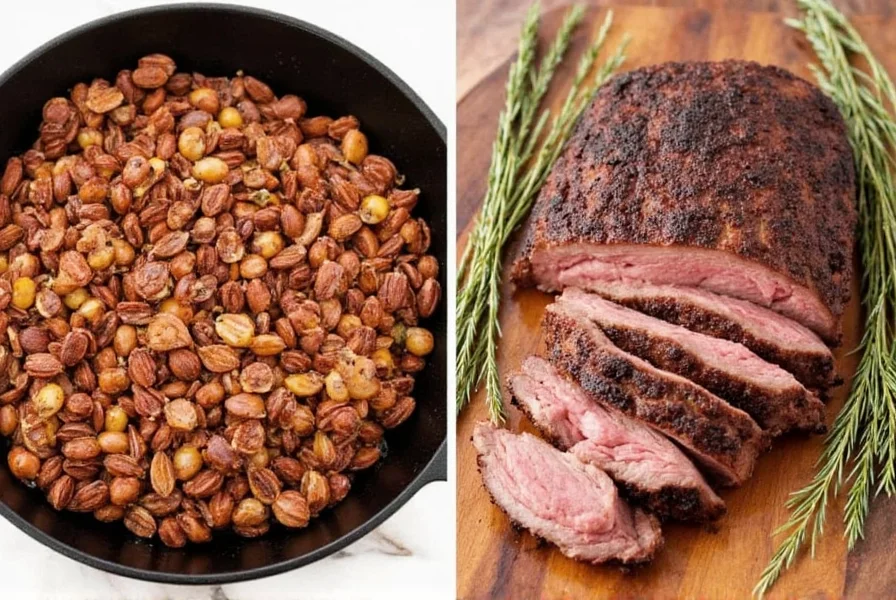
Frequently Asked Questions
What is the ideal internal temperature for perfectly cooked beef brisket?
The ideal internal temperature for roast beef brisket is 195°F (90°C). This temperature ensures the connective tissues have properly broken down, resulting in tender, juicy meat that pulls apart easily. Using a reliable meat thermometer is crucial for accuracy, as cooking times can vary based on brisket size and oven conditions.
How long does it take to cook a brisket in the oven?
Cooking time for brisket typically averages 1 to 1.5 hours per pound at 275-300°F. A standard 10-12 pound brisket will usually take 10-14 hours. The most reliable indicator of doneness is internal temperature (195°F), not time. Always use a meat thermometer to check for proper doneness rather than relying solely on cooking time.
Should I wrap my brisket during oven cooking?
Yes, wrapping your brisket (often called the "Texas crutch") can be beneficial during oven cooking. When the internal temperature reaches 160-170°F, wrapping in butcher paper or aluminum foil helps retain moisture, speeds up the cooking process through the stall phase, and results in more tender meat. This technique is particularly helpful for achieving that perfect 195°F internal temperature without drying out the brisket.
Why is my oven-baked brisket tough?
Brisket can turn out tough for several reasons: insufficient cooking time, cooking at too high a temperature, not reaching the proper internal temperature (195°F), or skipping the essential resting period. Brisket contains a lot of connective tissue that needs slow, low-temperature cooking to properly break down into gelatin. Always cook brisket low and slow, monitor internal temperature, and allow adequate resting time before slicing.
Can I cook brisket in a regular home oven?
Absolutely! While commercial smokers are traditional for brisket, a standard home oven works perfectly well. The key is maintaining a consistent low temperature (225-300°F) and monitoring the internal temperature of the meat. Convection ovens work particularly well due to their even heat distribution, but any oven can produce excellent results with proper temperature control and patience.
How should I slice brisket for the best results?
Always slice brisket against the grain for maximum tenderness. First, identify the direction of the muscle fibers, then cut perpendicular to them. For a whole packer brisket, you'll need to slice the point and flat sections differently since their grain runs in different directions. Proper slicing technique is crucial—slicing with the grain rather than against it will result in tough, chewy meat regardless of how well it was cooked.
Conclusion
Mastering oven-roasted beef brisket requires precise temperature control and proper technique. By following these step-by-step instructions and focusing on the critical 195°F internal temperature, you'll achieve consistently tender, juicy results every time.
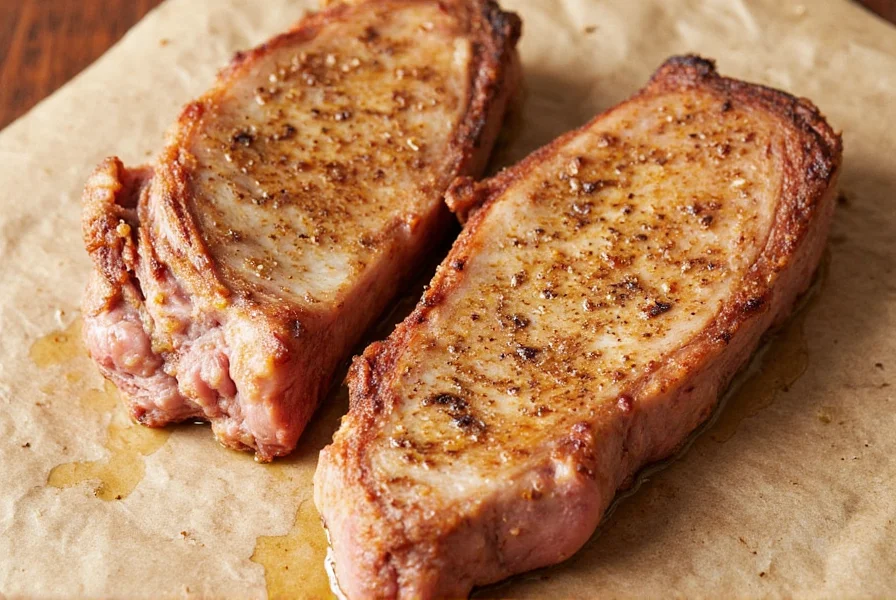
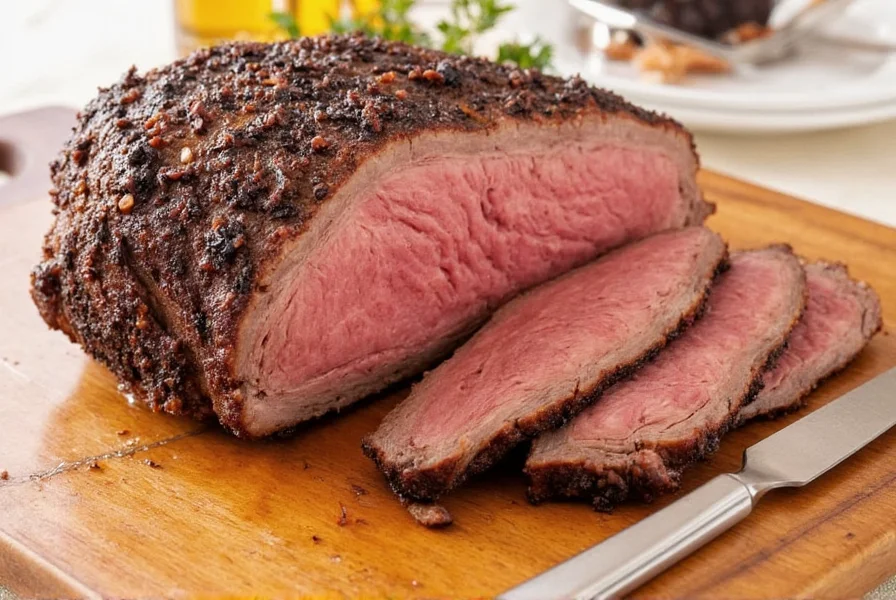
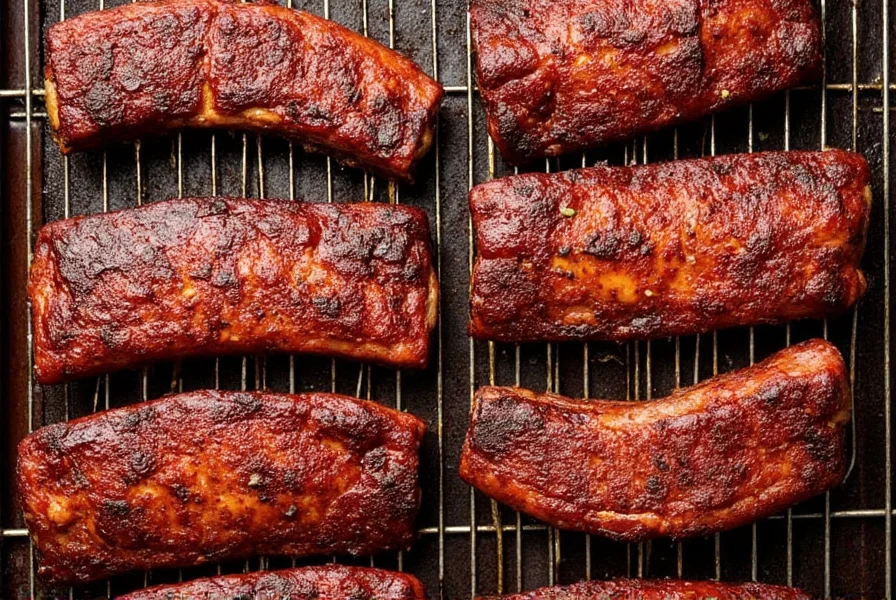
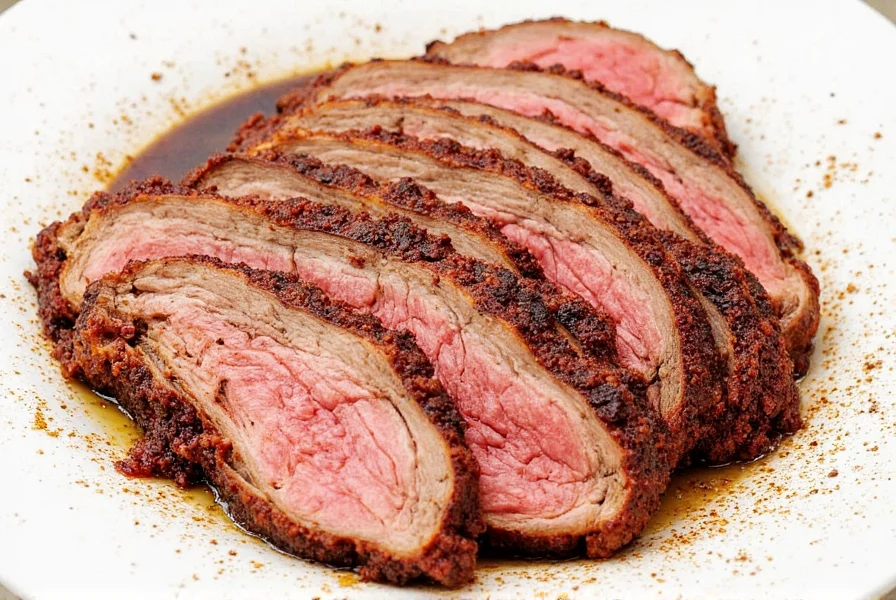

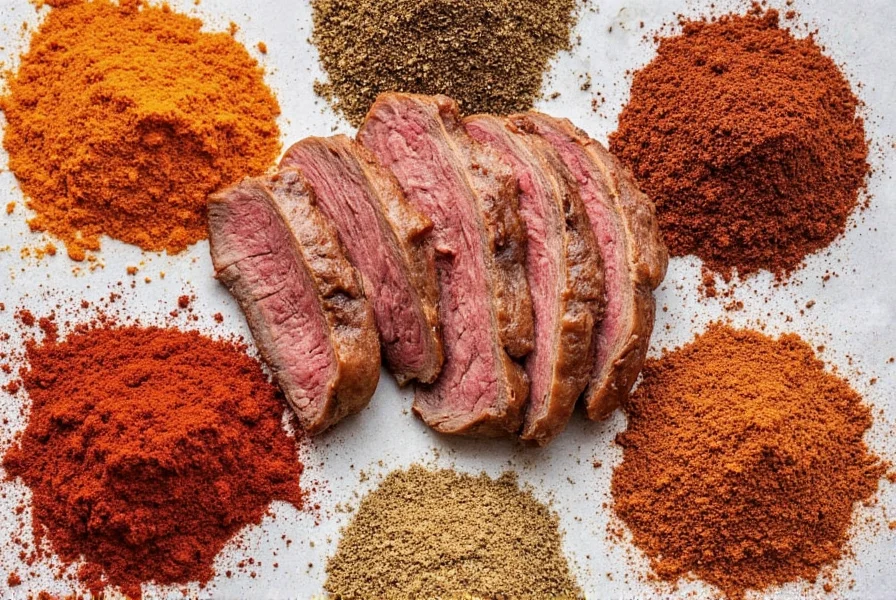









 浙公网安备
33010002000092号
浙公网安备
33010002000092号 浙B2-20120091-4
浙B2-20120091-4